I was 27 and had been working exhaustingly long hours as a doctor in training after graduating in Medicine from the University of Melbourne.
I’d see patients who were paralysed or paraplegic. They had this crestfallen look; this unwillingness to communicate. They were obviously grieving. It sounds awful, but I never thought much about it. I just got on with my job, seeing patient after patient. Not only was I overworked, tired and stressed, but being around that much trauma daily, I’d numbed myself emotionally and mentally to keep myself sane.
In 2008 my life transformed in a way I could never have imagined. I was walking across the hospital car park to start my shift as a rehabilitation registrar. Suddenly, from nowhere, a car reversing at high speed catapulted me backwards and flung me five or six metres into the sky.
As I ricocheted with force onto the ground, a single tree absorbed my impact and stopped me tumbling down a steep slope. That tree probably saved my life. I later discovered the driver was 92 with dementia.
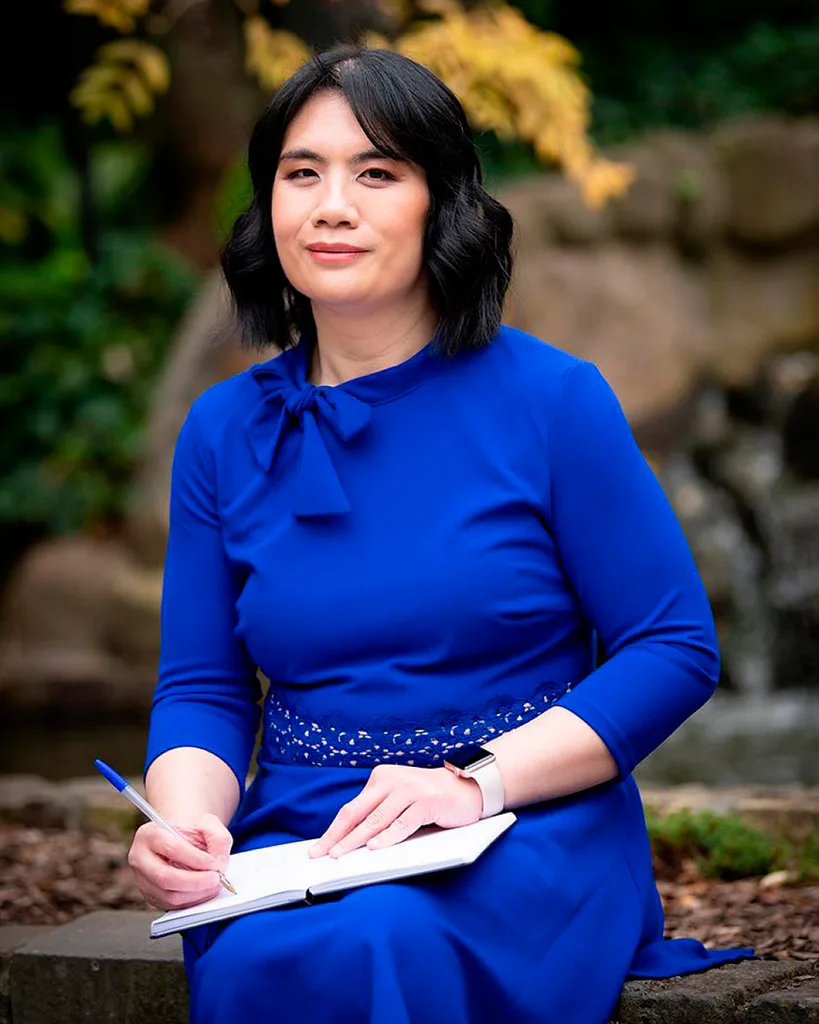
“You won’t ever walk again, you won’t be a doctor, you won’t be a mum, your husband will leave you.” Dr Ong felt her whole life slip away the afternoon she was delivered the news.
(Image: Supplied and used with permission)He shouldn’t have been driving. I’ve had to process a lot of anger about that over the years. He once asked to meet me, but I declined. I couldn’t face him.
The next thing I remember is being on the ground in intense, excruciating pain in my back. But worse was what I couldn’t feel: my legs. It was like my body had been chopped in half. I felt nothing below the waist. I went into complete shock. Then panic set in. I tried to calm myself down, tried to force in some optimism: “Maybe it won’t be that bad.” Then I heard it: “Code blue. We have a code blue.”
I’d become so used to hearing that at work when an urgent crisis happened – a cardiac arrest, someone collapsing outside the hospital. Then I realised: this time, I’m the code blue. Running towards me were doctors and nurses, my peers.
In hospital, I remember feeling surprised at the compassion with which the news was delivered. I’d assumed orthopaedic surgeons would be quite blunt and cold, perhaps to protect themselves from enveloping the trauma of their patients.
But the news was delivered delicately: I had a severe spine dislocation resulting in a serious spinal cord injury. Then the part there’s just no delicate way of saying: it was unlikely I’d ever walk again.
Today, the irony of being a rehabilitation registrar and receiving the very injury I treated isn’t lost on me. The rehab ward went from being my office to my home. I was my own textbook. But on that day, I was just devastated.
To think I’d be stuck in a wheelchair for the rest of my life. All these things race through your mind. I’d been an aerobics instructor at university. I thought, “You’ll never do that again.” Then came: “You won’t ever walk again, you won’t be a doctor, you won’t be a mum, your husband will leave you.” It was like my whole life slipped away that afternoon.
And I remember feeling really alone because my husband John wasn’t there at the time. He’d only just been told and was racing in. When he saw me, I couldn’t speak. The shock rendered me speechless for a long time. I just looked at him.
I needed serious spinal surgery that night. They were saying, “Olivia, you need to sign this consent form to say you understand that possible surgery complications include blood loss and the fact you might not make it. Do we have permission to perform surgery on you?” I just stared ahead. I was trying to absorb it, but I couldn’t. I wasn’t ready. I had my whole life ahead of me.
I remained in shock for two years.
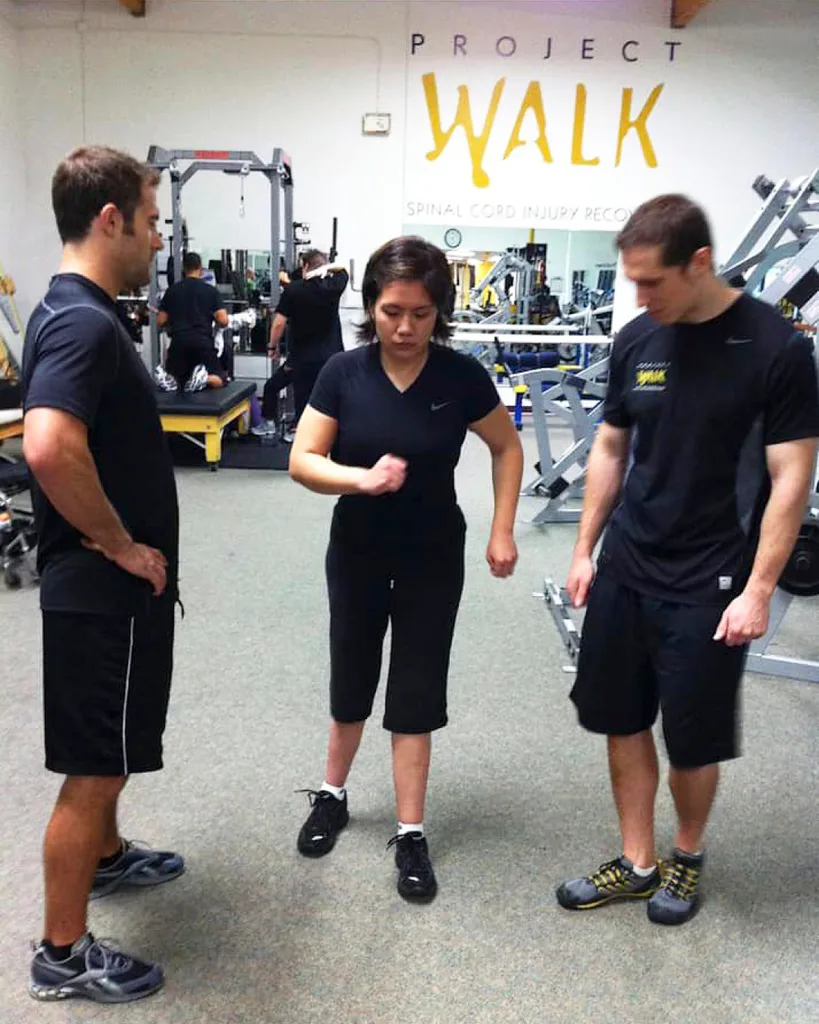
“Then I realised: this time, I’m the code blue.” Dr Ong on watching her colleagues race towards her in the carpark.
(Image: Supplied and used with permission)People ask what got me through. Initially it was my faith. John and I had met in church. I remember being angry with God. How could he let this happen? But ultimately our faith gave us comfort and hope when it was hard to find.
I spent my 28th birthday in hospital. Visitors struggled with how weak I was – I couldn’t even sit up, which shocked people. We lost friends; they couldn’t handle being close to that level of pain and suffering. Only then did I really understand what my own patients go through mentally. I was exhausted and miserable.
But I was also stubborn. When doctors expressed doubt I’d walk again, I didn’t accept it. This inner strength rose up inside me. They thought it was denial.
What was undeniable was that my right leg was totally paralysed. So I focused on my left leg, starting to move it. This resolve came over me – I will not give up, I will prove them wrong. It became a mantra.
It was four months before I was discharged from hospital. On leaving, I joined a Facebook support group populated by spinal cord injury survivors. One guy posted that he was learning to walk again at this ground-breaking new centre, Project Walk in San Diego. I knew I had to move there if I was ever to walk again. Two years after the injury, I got on that plane.
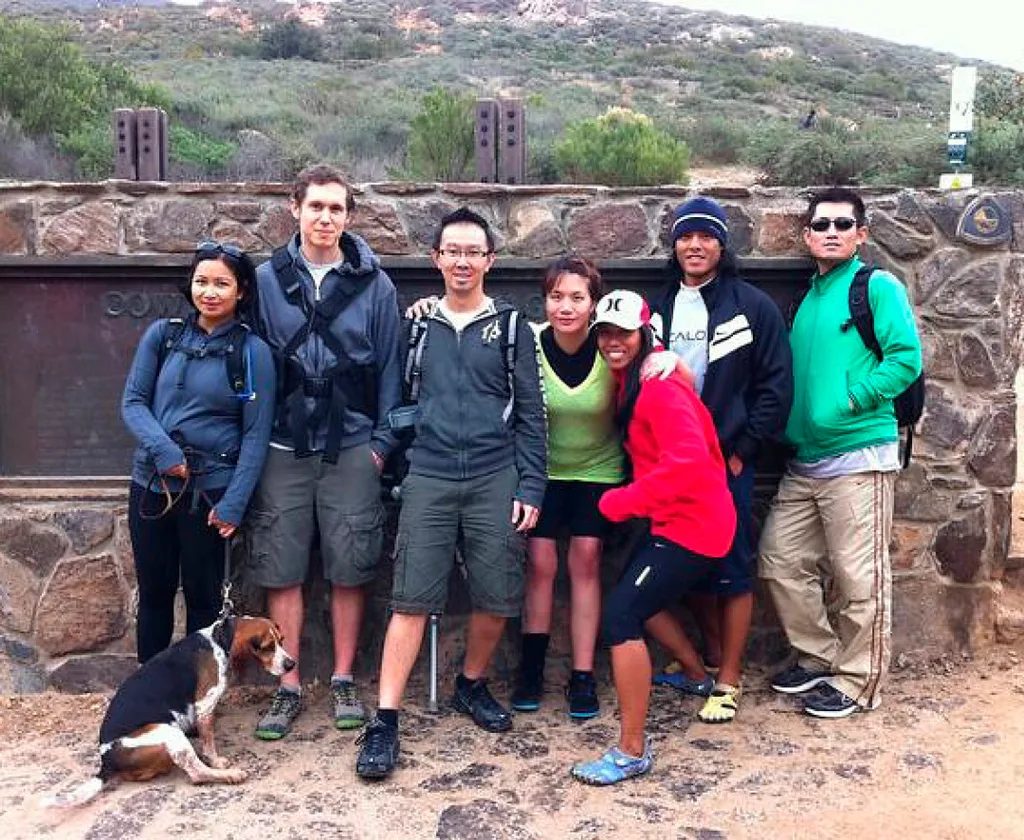
Dr Olivia Ong has not let her injury stop her from doing anything she wants.
(Image: Supplied and used with permission)John accompanied me. The injury had brought us closer together. He’d become my carer. I knew then that I’d married one of life’s good guys. He could’ve left.
I spent three years at Project Walk, doing rehab for six hours a day. I’ll forever remember the day I walked on my own again. I was wobbly and nervous, but I didn’t fall down. I went back into shock, but this time, good shock! The whole gym erupted. In my head I said, “The doctor is back in the house!”
Those two steps became 20, then 40, then one lap of the gym, then two. Today I can walk 300m with the aid of sticks before I need a break. I’m part of society again. I’ve been able to do all the things I thought I couldn’t, including having two children, Jacqueline, 18 months, and Joseph, six. I’ll always be self-conscious about my limp – I think it shocks people when they first meet me – but it doesn’t stop me.
An equally big struggle awaited, however.
After years of intense bootcamp-style physio, returning to work as a rehabilitation registrar was tough. My peers didn’t really know how to deal with me. And the relentless mental load on doctors just erodes us from the inside out. I watched colleagues spiral into depression, prescription medication addiction, alcoholism – anything to numb the pain of long hours, vast responsibility and vicarious trauma.
Then, in 2019, I burnt out and broke down. But that journey taught me the greatest life lessons of all.
That’s why I wrote my book, The Heart-Centredness of Medicine – to encourage doctors to take better care of their own mental health, stop suffering in silence, fit their own oxygen mask first.
Recovering from my injury and from burnout were both immense struggles, but they’ve made me a better doctor. I’m present. I no longer numb my difficult emotions. And I can offer my patients two powerful things during their healing – compassion and hope.
The Heart-Centredness of Medicine by Dr Olivia Ong is available now.
You can read this story and many more in the February issue of The Australian Women’s Weekly – on sale now
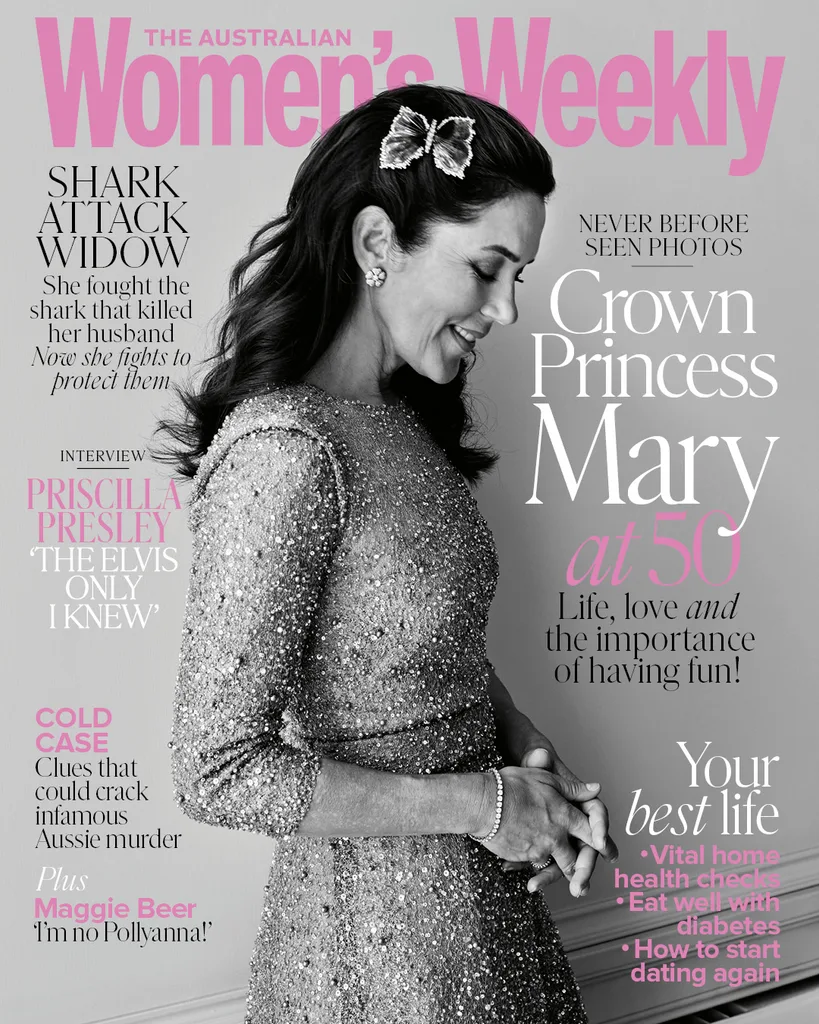

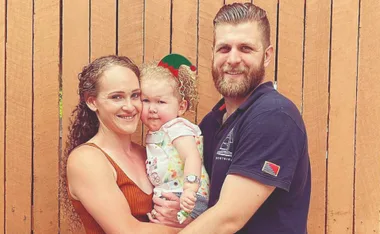
.jpg?resize=380%2C285)
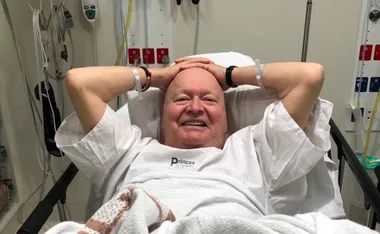
.jpg?resize=380%2C285)
